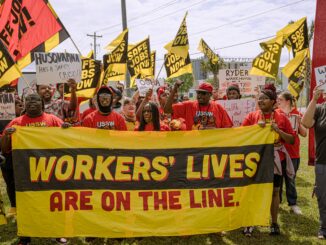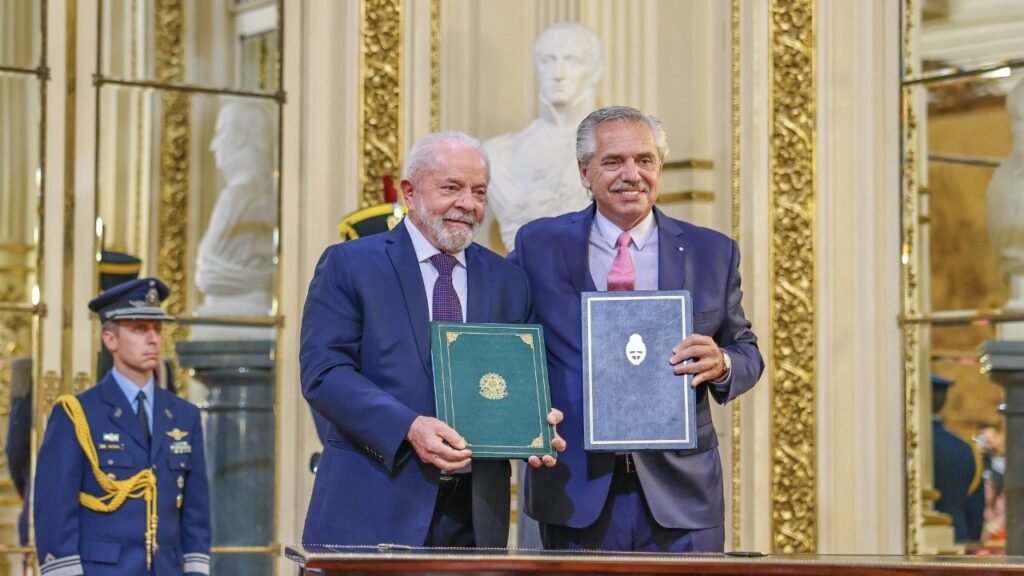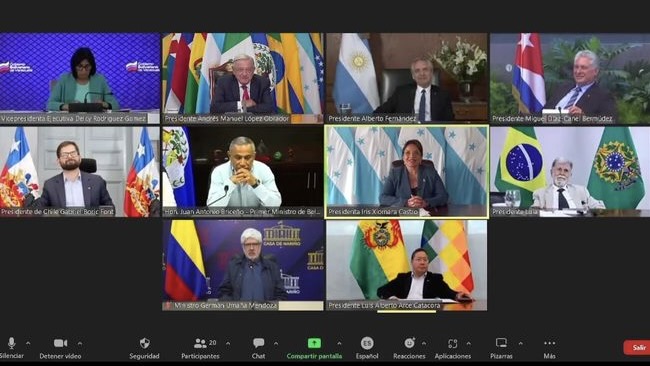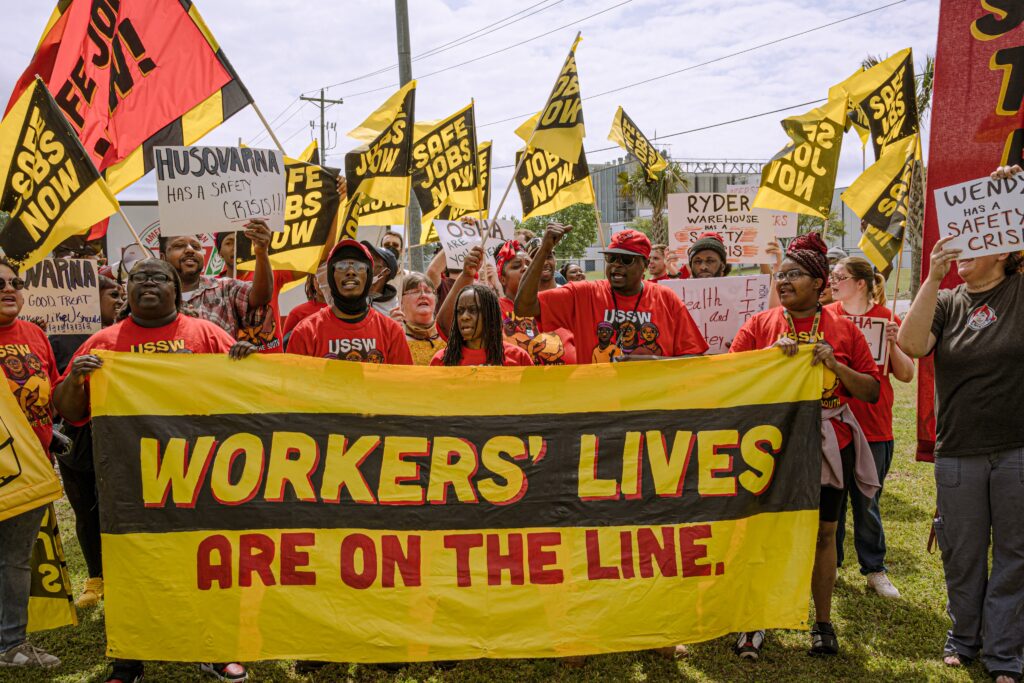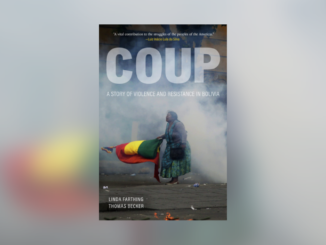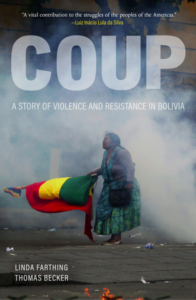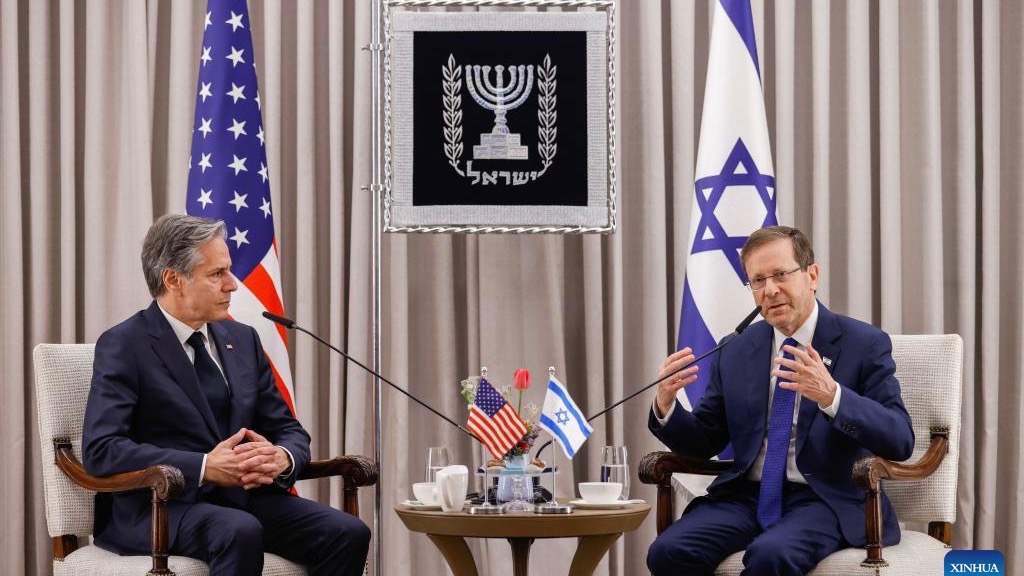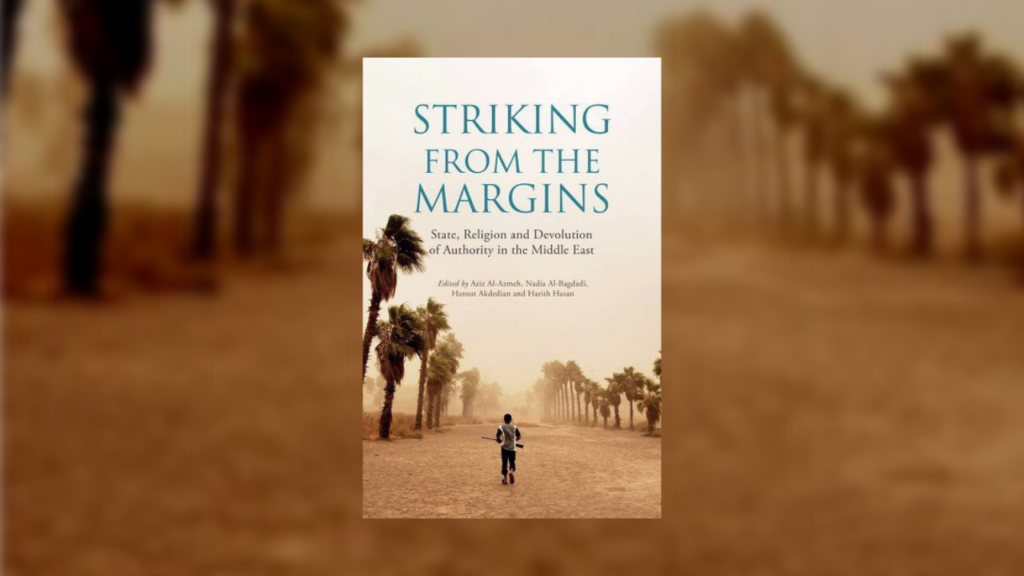
Editor’s Note: Toward Freedom uses “West Asia” to describe what is referred to as the “Middle East,” a term with colonial roots.
Striking from the Margins edited by Aziz Al-Azmeh, Nadia Al-Bagdadi, Harout Akdedian and Harith Hasan (London, United Kingdom: Saqi Books, 2021)
The tumultuous state of West Asia has been a contentious topic within many academic and social circles for centuries. Over the past half-century many academics, politicians and strategists have put forth initiatives, programs and policies focused on reconstructing the region.
For far too long, Western countries have seen West Asia as an underdeveloped expanse of land and resources controlled and governed through antiquated religious and social policies. What separates Striking from the Margins from other discourses on the region is its commitment to addressing the misconceptions that often keep people from understanding the relationship between West Asian countries and the Western ones that occupy and use their territory mostly for economic benefits.
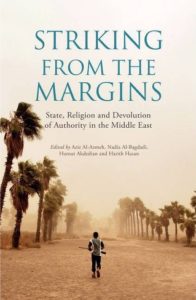
The Disconnect Between East and West
One of the reasons such a disconnect exists between those living in West Asia and the Western countries, whose tax dollars finance the implementation of interventionist policies, is due to a lack of understanding regarding West Asian governance. While the United States’ two-party system is imperfect, it offers an often-predictable outcome that effectively reinforces the country’s status quo as a leading economic power across the globe. On the other hand, many countries in West Asia face a more challenging set of circumstances to develop their economies. For example, in the early 2000s Iraqi President Saddam Hussein’s government was not only dealing with warring Shi’i and Sunni factions seeking power within Iraq, but also Islamists and U.S. troops fighting to control the region. Research done by Greek political scientist Stathis Kalyvas shows a combination of sectarian conflict along with “a short war between U.S. troops and Shi’i militias” led to Iraq experiencing “a collapse of state capacity.” (pg. 37) Such a collapse has continued to make it difficult for the country to rebuild and develop. This book effectively outlines the circumstances that have kept certain West Asian countries from modernizing.
Striking from the Margins is not a dissertation that seeks to “fix” the region. Instead, the authors push for a reconceptualization along with reasonable policy changes that would be more economically beneficial to those regions. Understanding the type of social, religious and economic pressures West Asian countries face is pivotal to building stronger and more equitable partnerships between those countries and Western ones. In the book, two of the authors, Aziz Al-Azmeh and Nadia Al-Bagdadi, effectively highlight the hypocrisy of interventionism, along with its role in destabilizing West Asia. They offer a diligent overview of state formation in the region.
In writing that “the modern state in the Mashreq arose from the needs of internal reform arising in response to global, arguably colonial pressures from outside and from internal processes of modernization, starting with the Ottoman reforms of the 19th century” (pg. 8), the authors offer a concise historical context regarding state formation in the region. But when they go on to state that “the most artificial state” and yet the strongest in West Asia is Israel (pg. 8), the blatant contradiction between regional support and global impact becomes evident. On one hand, powerful states in the region historically gained their legitimacy through a combination of regional support, resource management and tribal warfare. However, the most powerful country in the region, Israel, is not supported by neighboring countries like Egypt, Syria and Lebanon. It instead maintains legitimacy through a “client state” relationship with the United States. Thus, Israel possesses an imbalanced stronghold over the region when it comes to warfare. When discussing West Asia and the constant demands for reform in the region, it is important to explore the role Israel and the United States have played in maintaining the economic status quo.
Religious Fundamentalism and Global Capitalism
In lieu of adequate research most people tend to assume that religious fundamentalism is the leading factor stifling the development of West Asian countries. However, research suggests economic inequalities are the leading cause of instability in the region. Kalyvas writes “$1,000 less in per capita income is associated with 41 percent greater annual odds of civil war onset, on average.” (pg. 30) The Gulf Cooperation Council consists of Bahrain, Kuwait, Oman, Qatar, Saudi Arabia and the United Arab Emirates. Together, they represent a regional, intergovernmental, political and economic union designed to integrate multiple economies and bolster infrastructure across member countries. The issue is such integration comes at a significant cost for the “migrant workers [who] have been fundamental to patterns of urban growth and capital accumulation in the Gulf.” (pg. 57) Hanieh explains “a large number of temporary migrant workers… from South Asia and, to a lesser degree, the Arab world… make up more than half of the Gulf’s total population of 56 million.” (pg. 57) Even though these workers account for more than 59 percent of the labor force within the Gulf, they have been denied labor, political and civil rights. Much of the political and economic capital used to support growth across the region is not helping the people who need it the most.
In closing, several competing entities influence the economic, social and political infrastructure of West Asia. The most important are the countries in the region, specifically those that make up the Gulf Cooperation Council, as well as non-member countries like the United States, who have a vested interest in the maintenance and development of certain programs and countries in the region. The value of Striking from the Margins is its subtle refusal to put forth a heavy-handed, neoliberal proposal on how to “reform” West Asia. Instead, it offers proper context for readers to take a step back, thoughtfully assess the situation and envision new ways to embark on such a difficult development process.
Timothy Harun is a writer and actor based in Los Angeles. He holds a B.A. in journalism from Hampton University.

